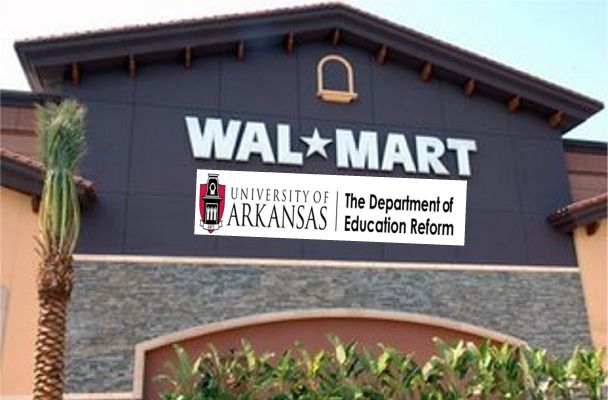School vouchers work, why aren't more available?
A new analysis of 19 research studies examining 11 school choice programs across the globe shows there are “statistically significant achievement effects” related to “using school vouchers.” The meta-analysis was published in May by a group of researchers at the University of Arkansas’ School Choice Demonstration Project.
Although school voucher programs vary significantly, they typically give parents the ability to receive a voucher (sometimes referred to as a “scholarship”) that can be used to pay for a variety of approved education-related expenses. Voucher amounts are almost always much lower than what it costs for a student to attend a traditional public school, and many voucher programs allow parents to use the funds to pay for tuition, transportation expenses, books, and other costs.
Findings are new, but they’re not surprising
Although this study, according to the authors and the study’s press release, is “the first time a meta-analysis of international randomized controlled trials evaluating the achievement effects of vouchers has been conducted,” many studies have already been conducted showing the success of school voucher programs.
For instance, in 2011, The Wall Street Journal reported Patrick Wolf of the University of Arkansas — who is also a part of the research team conducting the new study — found the Washington, D.C. Opportunity Scholarship Program produced tremendous results for those D.C. children who were able to take advantage of the program. According to Wolf’s research, those who received vouchers had graduation rates of 91%, compared to only 56% for those students who had applied for the voucher program but wasn’t accepted.
According to A Win-Win Solution: The Empirical Evidence on School Choice,authored by Greg Forster and published in May by the Friedman Foundation for Educational Choice, of the 18 studies examining achievement of school choice participants studied by the author, 14 found school choice programs have a positive impact. Of the 33 empirical studies on school choice programs’ effect on public school students’ academic outcomes, 31 found choice actually improves public schools.
If choice works, why aren’t there more choice programs?
Only 13 states and Washington, D.C. have state-funded school choice voucher programs, and in virtually all of those states, only certain students — usually impoverished students or those with some sort of a learning disability — are able to apply for a choice program. Policy advocates, however, have been pushing for school choice programs for decades, so why hasn’t more progress on this front been made?
Misinformation, a lack of journalistic integrity and media bias, and politics all play a significant role, but at the end of the day, it all comes down to one thing: money.
In a time when the power of public and private labor unions is at 100-year low, teachers unions remain the last truly influential labor group. Unlike in other industries, where jobs and markets transform over time, the structure of public education has remained relatively the same over the past century, and there never stops being consumers (students and parents). There are over 49.5 million public school students in the United States today, and there are over 3 million teachers — many of whom earn salaries significantly higher than the average college graduate, even in failing school districts.
For instance, the average teacher in Providence, Rhode Island’s public schoolsearns more than $63,000 per year, and teachers in Newark, New Jersey earn $68,000. It’s not uncommon for School vouchers work, why aren't more available? | TheHill:




